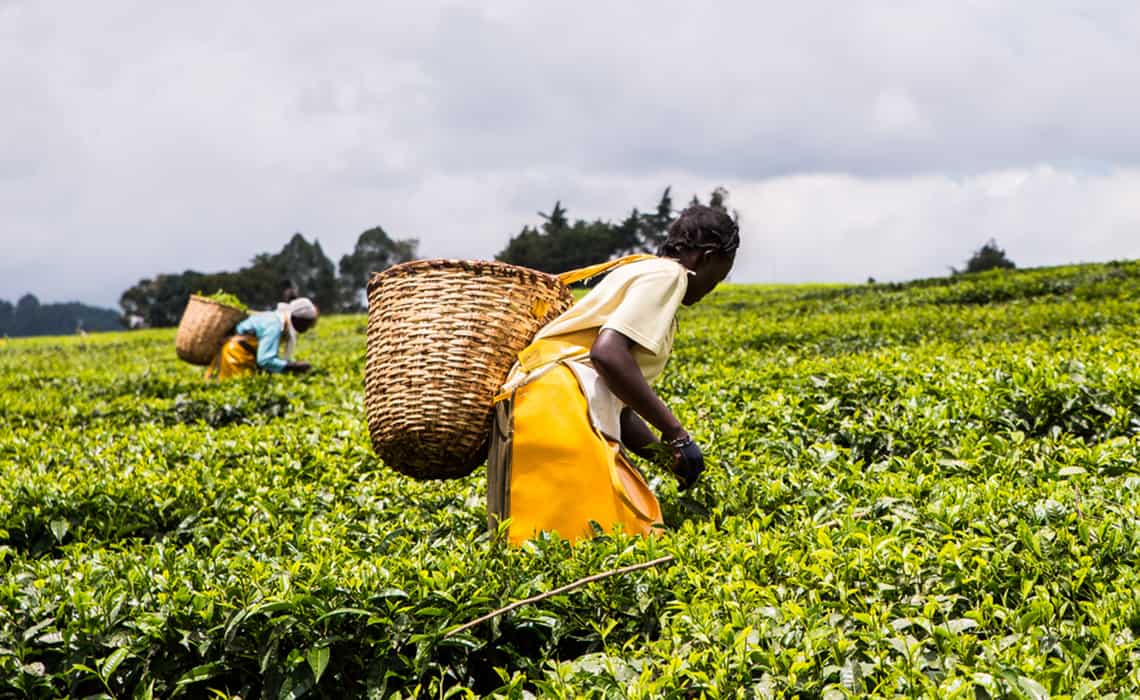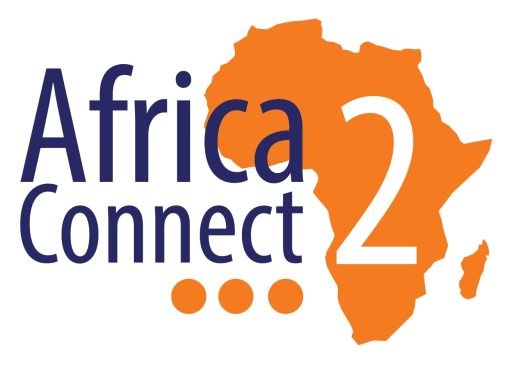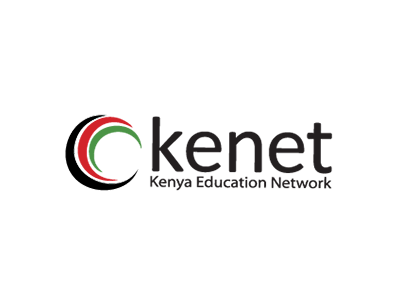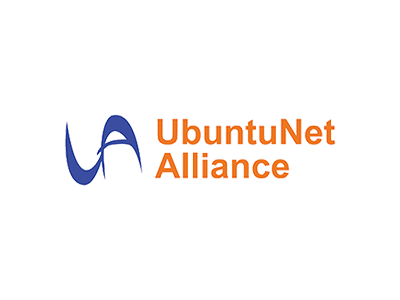Geoinformatics is among the most popular fields of study of the 21st century. It is a multidisciplinary field of applied science and technology which utilises information science infrastructure to address location-based problems in planning, geography, cartography, geosciences and related branches of science and engineering.
The TAITAGIS project is a bilateral cooperation between Kenya and Finland. Based on a previous comprehensive gap analysis, TAITAGIS aims at building a critical mass of postgraduates trained using modern facilities and hands-on case studies and be sufficiently equipped to overcome the huge human resource deficit in Applied Geoinformatics in Kenya and Eastern Africa. It is a groundbreaking collaborative venture between Taita-Taveta University (TTU), which is the hosting institution in Kenya, and the University of Helsinki, which has an outstanding track record in teaching Geoinformatics.
The key objective of the project is to offer advanced degree programmes in Geoinformatics for undergraduate and postgraduate students. In addition, the project will expand teaching expertise and capacity in Geoinfomatics through the Training of Trainers (ToT) programme. The scope also includes certificate programmes in Geoinformatics for Taita Taveta County stakeholders, such as county government officials, Kenya Forest Service employees, ministries, research institutes and Kenyan NGOs.
By strengthening Geoinformatics education and training and boosting the use and application of geoinformation by professionals in the forestry, agriculture, water resources, housing, health, education, and commercial sectors, analysts and policy makers will be better equipped to collect and analyse environmental and climatic data, make more informed decisions on regional planning, sustainable management and development of natural resources, adaptation to climate change, preparations for natural disasters and environmental protection.
The TTU programme places special emphasis on entrepreneurial skills, to ensure graduates are able to establish small and medium GIS enterprises to serve local, regional and international clientele. This will bring growth to local economy and create employment opportunities to local young professionals.
Funded by the Finnish Ministry for Foreign Affairs and the Finnish National Agency for Education, TTU will be certified to award postgraduate MSc degrees in Geoinformatics, with options to major in GIS applications for Mining & Geology or Environmental Monitoring & Management. Tailor-made certificate courses in GIS will also be offered on demand. Exchange of international students and instructors between TTU and the University of Helsinki and practical industry internships are planned as well. This practical approach offers real value in aligning academic training to the dynamic changes in the Geoinformatics industry.
Connectivity as a Key Enabler
In October 2017, KENET upgraded Internet speeds for TTU, in conjunction with the ICT Board activated a fiber link to the University. This enables TTU to access increased bandwidth of up to 1GB. The links activated are part of a National Optic Fibre Backbone (NOFBI). KENET utilizes the NOFBI, alongside its own fibre, to provide Internet access to research and education institutions in Taita-Taveta County, and over 100 Universities, Colleges and Research Institutions nationwide as part of its mission to enhance education and research – and enabling innovative new programs like the TAITAGIS advanced geoinformatics programme.
An excellent example of putting this connectivity to the test is the AFERIA (Adaptation for Ecosystem Resilience in Africa) project. This is a two-year project to disseminate and communicate research results, insights and interactions of climate change and food security. The Multifunctional Agricultural Landscape Mosaic (MALM) web application, a TTU Web map training application for food security and ecosystem resilience, is part of this project. The MALM web application consists of authoritative maps with narrative text and images telling the story of adaptation themes compiled from scientific findings, stakeholder observations and prioritized community-based climate change adaptation actions to support current and future land use planning and decision-making. The MALM Story Map (available online at: http://arcg.is/1qePWK) and an additional Web App built using Esri ArcGIS Online platform (www.arcgis.com), a cloud-based web-GIS platform for searching and sharing web maps, web map applications and geospatial data.
A capacity-building MALM training session, which required a web browser and reliable high-speed Internet connection, took place November 2017, putting TTU’s connectivity to the test. The internet connection during training session proved reliable and students could explore the MALM Story Maps and Web Maps and also learn how to access geospatial layers through ArcGIS Online and create simple web maps and applications.
Robust and reliable connectivity is the backbone of this partnership between the University and Helsinki and Taita Taveta Universit, the remote training and the GIS degree programme in general. Ambitious plans for international student and instructor exchanges between TTU and the University of Helsinki and practical industry internships are based on this connectivity as a key enabler for collaboration.









